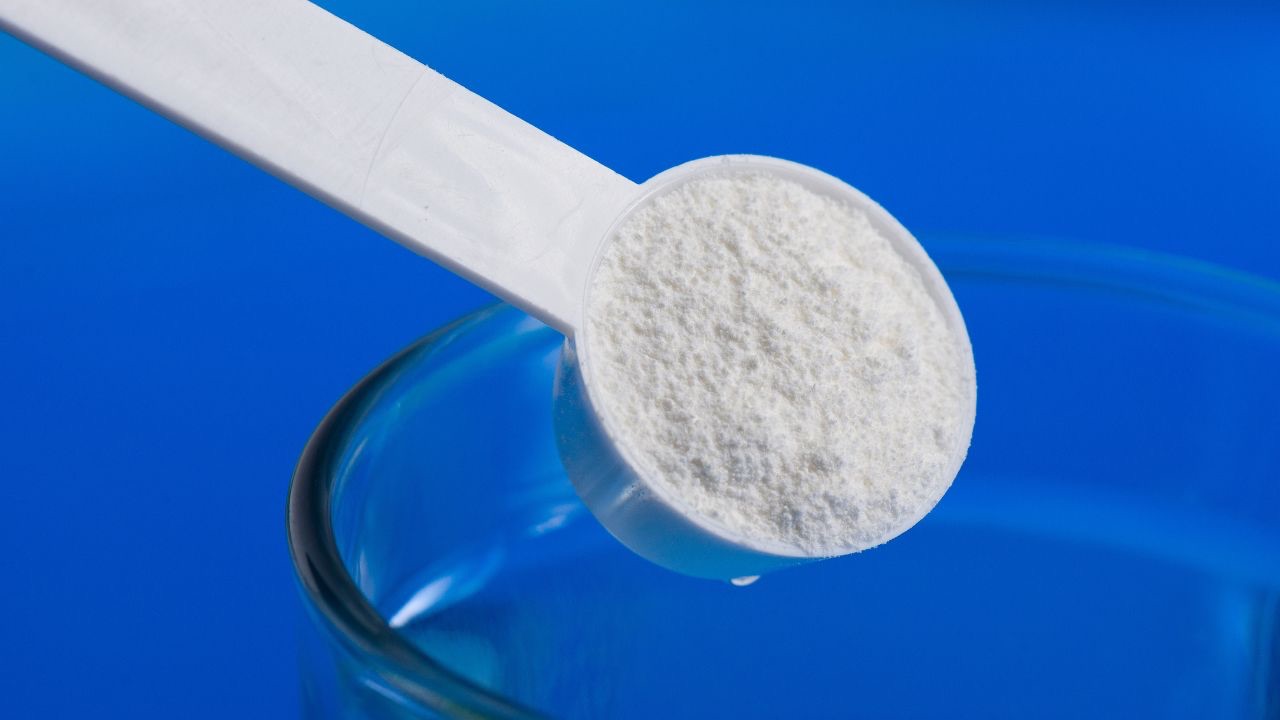Phosphatidylserine (PS)

![]()
Phosphatidylserine (PS) is a phospholipid that is naturally found in high concentrations in the brain, where it plays a vital role in maintaining the structure and function of cell membranes. PS is also found in small amounts in various food sources, such as soybeans, egg yolks, and fish.
Several studies have suggested that PS supplementation can have positive effects on brain health and cognitive function.
Cognitive Performance
In a randomized, double-blind, placebo-controlled study conducted on elderly individuals with memory complaints, PS supplementation was found to improve memory recall and verbal fluency (1). Another study showed that PS supplementation improved cognitive performance in healthy young adults during a multitasking test (2).
Stress Reduction
PS has also been found to have anti-stress effects. A study conducted on a group of golfers found that PS supplementation reduced the level of cortisol, a hormone associated with stress, and improved their performance in a golf competition (3).
Brain Health
Moreover, PS supplementation has been shown to have potential benefits for individuals with age-related cognitive decline. A meta-analysis of 10 clinical trials found that PS supplementation improved memory, executive function, and attention in individuals with cognitive impairment and dementia (4).
Phosphatidylserine is included in:







